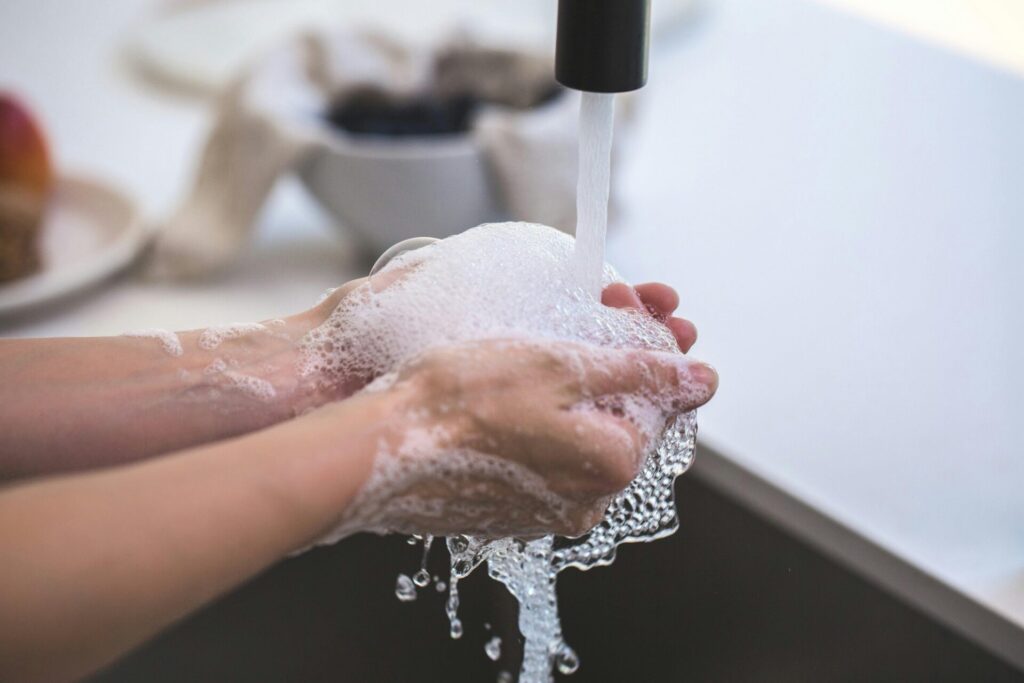What is Self-Care?
According to the World Health Organization, “self-care is the ability of individuals, families and communities to promote health, prevent disease, maintain health, and cope with illness and disability with or without the support of a healthcare provider.”
Self-care is important because it provides you with the power to take control of some aspects of your own health, improving your quality of life and mitigating or preventing the impacts of diseases or ailments in the future. It can also play a role in reducing anxiety, as well as save you time and money.
Consequences of Not Practicing Self-Care
Jacqueline Getchius, a licensed professional clinical counsellor, lists the consequences of not practicing self-care on Psych Central which include:
- Low energy
- Feelings of hopelessness
- Less patience
- Increased headaches, stomachaches and other physical symptoms of stress
- Difficulty falling and staying asleep
- Binge eating or increase in unhealthy eating habits
- Worsening mental health symptoms
- Burnout
- Difficulties concentrating
- Relationship challenges or strains
- Reduction in performance at work
- Less motivation to engage in social activities
The Seven Pillars of Self-Care
The International Self-Care Foundation has outlined Seven Pillars of Self-Care framework to outline the important areas involved in the practice of self-care.
Pillar One: Knowledge and Health Literacy
Health literacy includes using the skills necessary to gain access to, understand and use information in order to maintain good health.
Some examples of health literacy include:
- Knowing where to look for health information and how to use it.
- Knowledge of risk factors associated with various diseases.
- Understanding or seeking help on how to properly use medicines or vaccines.
- Knowing how to use self-care products properly.
- Knowing when to seek professional medical help or advice.

Pillar Two: Mental Well-Being
Mental well-being encompasses a wide range of areas including life satisfaction, optimism, self-esteem, feeling in control, having purpose in life and a sense of belonging or support.
Some of the activities you can include in your self-care routine to improve your mental well-being include:
- Spend quality time with friends and family (even if through virtual means) to nurture our minds with love.
- Find time to participate in your favourite activities (painting, sewing, dancing, etc.). This can clear our mind and release any tension we have been
- holding on to.
- Learn or try something new to stimulate your mind.
- Practice mindfulness activities (guided imagery, meditation, yoga, mindful walking, etc.).
Here at CMHA York Region and South Simcoe we provide many different programs to help you with your mental well-being. You can view the programs we have available on our website.
One of these programs is BounceBack®, a free skill-building program that’s effective in helping people aged 15 and up who are experiencing mild-to-moderate anxiety or depression, or may be feeling low, stressed, worried, irritable or angry.
This self-guided program offers telephone coaching, online videos and workbooks which you can do from the comfort of your home. Workbooks and coaching are available in multiple languages.
Pillar Three: Physical Activity
Getting your body moving is essential for good health and is an important part of self-care.
Some of the benefits of physical activity include:
- Helping to control your weight.
- Reducing your risk for cardiovascular diseases, diabetes, colon and breast cancer and dementia.
- Reducing stress and improving your mental health.
- Improving your sleep patterns.
- Improving overall bone health.
Check out our article on the connection between physical and mental health for more information.

Pillar Four: Healthy Eating
Eating healthily is an important aspect of self-care and helps to maintain your overall health. Those with an unhealthy diet have more of a risk of developing chronic diseases and having poor health. What you eat also plays a major role in your energy levels and assists you in maintaining a healthy weight.
General healthy eating guidelines for all people include:
- Increasing your consumption of fruits and vegetables, legumes, whole grains and nuts.
- Shifting your fat consumption away from saturated fats to unsaturated fats and limiting/eliminating your intake of trans-fatty acids.
- Limiting your intake of simple sugars.
- Limiting salt (sodium) consumption and ensuring that the majority of the salt you consume is iodized.
For more information on healthy eating, including recipes, check out Canada’s Food Guide.
Pillar Five: Risk Avoidance
Risk avoidance includes avoiding behaviours that may increase the risk of disease or death. This involves activities such as:
- Making sure you are vaccinated
- Not smoking or quitting smoking
- Practicing safe sex
- Limiting/eliminating drinking
- Protecting yourself from the sun
- Wearing a seat belt
- Wearing a helmet for sports or when you a riding a bike

Pillar Six: Good Hygiene
Practicing good hygiene is an important element of self-care.
Good hygiene includes practices such as:
- Washing your body often
- Brushing your teeth
- Washing your hair with soap or shampoo
- Washing your hands with soap after going to the toilet
- Washing hands with soap before preparing, serving or eating food
- Wearing clean clothes
Pillar Seven: Rational and Responsible Use of Self-Care Products and Services
The last pillar of self-care involves the rational and responsible use of self-care products and services. This means:
- Reading the directions on the label and leaflet, and other information you get with your medicine or products.
- Following the instructions provided with your medications and products.
- Having a pharmacist or doctor explain things you do not understand.
- Calling your doctor right away if you have a serious side effect or if a side effect doesn’t improve.
- Completing your treatment and consulting a healthcare provider if symptoms continue.
For more information on the safe use of medications and drugs, visit the Government of Canada website.
By knowing and practicing self-care through the seven pillars outlined above, you will be in better control of your health and able to manage your health conditions to the best of your ability.


